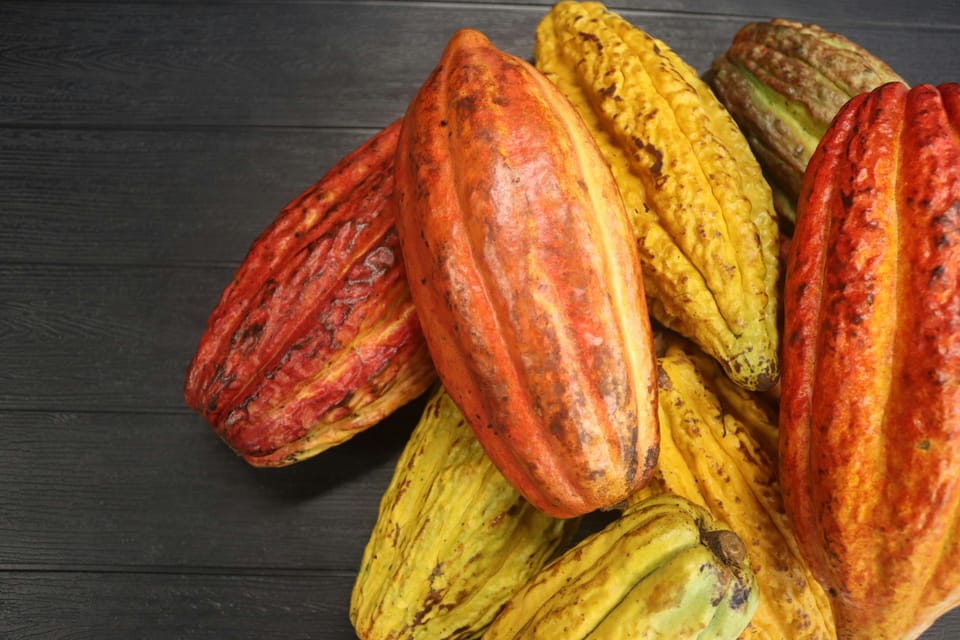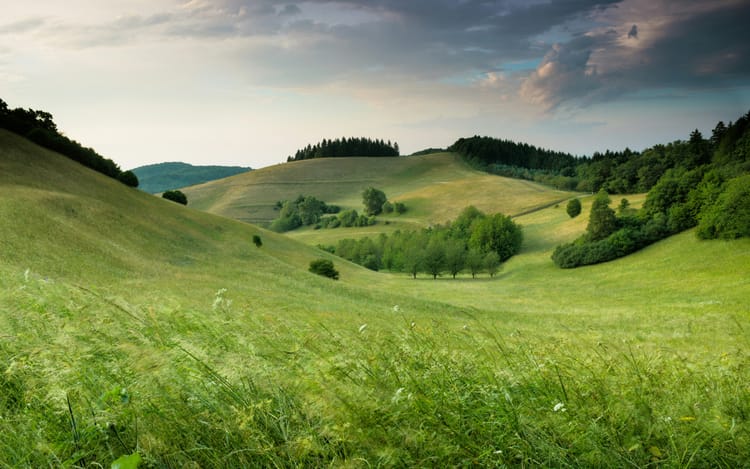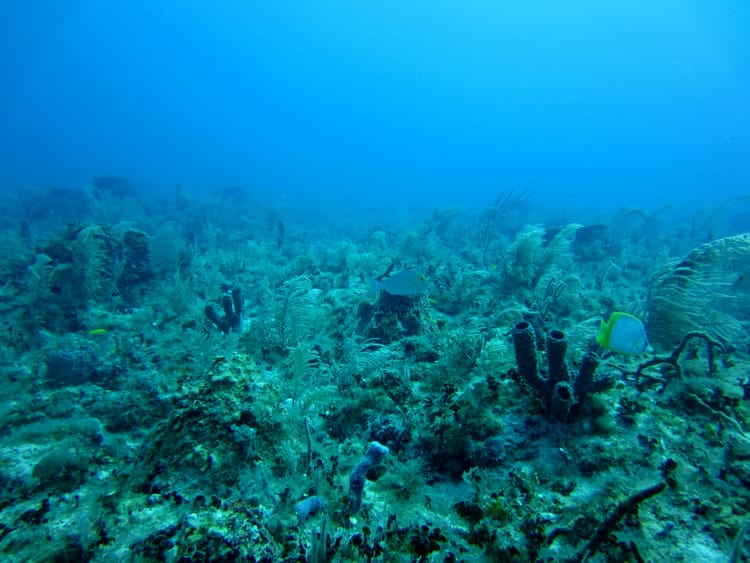Nestlé enters nature restoration partnerships in cocoa supply chain
By empowering farmers and incentivising climate-positive practices, we can collectively contribute to a greener future.”

Nestlé has entered two long-term agroforestry partnerships to restore degraded areas in its Brazilian cocoa and coffee supply chains.
The food giant will work with Brazilian reforestation startup re.green to restore 2,000 hectares of forest in southern Bahia, and with chocolate manufacturer Barry Callebaut to convert more than 6,000 hectares of cocoa plantations to agroforestry.







